Liani Maasdorp, University of Cape Town and Reina-Marie Loader, Bournemouth University
When was the last time a film changed the way you saw the world? Or the way you behaved?
Miners Shot Down (2014) countered mainstream media narratives to reveal how striking mine workers were gunned down by police at Marikana in South Africa. Black Fish (2013) made US theme park SeaWorld’s stock prices plummet. And Virunga (2014) stopped the British oil company Soco International from mining in the Congolese national park from which the film takes its name.
These films were all at the centre of impact campaigns designed to move people to act. In filmmaking, “impact” may involve bringing people together around important issues. It could also lead to people changing their minds or behaviour. It might change lives or policies.
Impact is achieved not just by a film’s own power to make people aware of and care about an issue. It requires thinking strategically about how to channel that emotion into meaningful and measurable change.
Although it is a growing field, for which there are numerous funding opportunities, impact producing is seldom taught at film schools or in university film programmes. Teaching tends to be ad hoc or superficial.
As scholars who study and teach film, we wanted to know more about where and how people are learning about impact producing; the benefits of learning – and teaching – impact production; and the barriers that prevent emerging filmmakers and film students in Africa and the rest of the majority world from learning this discipline. (Also called the “global south” or the “developing world”, majority world is a term used to challenge the idea that the west is the centre of the world.)
So, for a recent article in Film Education Journal, we conducted desk research, a survey shared with the members of the Global Impact Producers Alliance and interviews with a sample of stakeholders, selected based on their knowledge of teaching impact or experience of learning about it.
We found that there are university and college courses that focus on social issue filmmaking, but hardly any that prioritise social impact distribution. Access to free in-person training is highly competitive, generally requiring a film in production. We also found that free online resources – though numerous – can be overwhelming to those new to the field. And the majority of the courses, labs and resources available have been created in the west.
We believe it is important for film students and emerging filmmakers to know at least the basics of impact producing, for a range of reasons. Film is a powerful tool that can be used to influence audience beliefs and behaviour. Students need to know how they are being influenced by the media – and also how they can use it to advance causes that make the world more just and sustainable. The skills are transferable to other story forms, which empowers students to work in different contexts, in both the commercial and independent film sectors. It can benefit a student’s career progression and future job prospects.
Existing opportunities
We found that current impact learning opportunities range in depth and accessibility.
Many webinars, masterclasses and short one-off training opportunities are freely available online. But some are not recorded: you have to be there in person. Many form part of film festivals and film market programmes, which charge registration fees.
Impact “labs” are on offer around the world. They usually run for less than a week and are offered by different organisations, often in collaboration with Doc Society (the leading proponent of impact production worldwide). Although they are almost all free of charge, the barrier to entry is high: they are aimed at filmmakers with social impact films already in the making.
We found that the postgraduate programmes (MA and PhD) most aligned with this field are offered by a health sciences university in the US, Saybrook Univerity, and are very expensive.
African content, global reach
In our journal article we presented two impact learning opportunities from the majority world as case studies. One, the Aflamuna Fellowship, is an eight-month in-person programme based in Beirut, Lebanon. It combines theoretical learning, “job shadowing” on existing impact campaigns, and in-service learning through designing and running impact campaigns for new films. This programme has proven very helpful to filmmakers approaching topics that are particularly sensitive within the Middle East and north Africa regions, such as LGBTQ+ rights.
The other, the UCT/Sunshine Cinema Film Screening Impact Facilitator short course, is based in South Africa but is hosted entirely online. It was developed by the University of Cape Town Centre for Film and Media Studies and the mobile cinema distribution NGO Sunshine Cinema and launched in 2021. We are both connected to it – one as course convenor (Maasdorp) and the other (Loader) as one of the 2023 alumni.
Self-directed learning (including learning videos, prescribed films, readings and case studies) is followed by discussions with peers in small groups and live online classes with filmmakers, movement builders and impact strategists. The final course assignment is to plan, market, host and report on a film screening and facilitate an issue-centred discussion with the audience. Topics addressed by students in these impact screenings are diverse, ranging from voter rights, to addiction, to climate change, to gender-based violence.
Both case studies offer powerful good practice models in impact education. Projects developed as part of these programmes go on to be successful examples of impact productions within the industry. The documentary Lobola, A Bride’s True Price? (2022, directed by Sihle Hlophe), for instance, got wide reaching festival acclaim, walking away with several prizes across Africa. Both programmes combine theoretical learning; discussion of case studies relevant to the local context; engagements with experienced impact workers; and application of the learning in practice.
It is clear from this study that there is a hunger for more structured impact learning opportunities globally, and for local, context specific case studies from around the world.
Liani Maasdorp, Senior lecturer in Screen Production and Film and Television Studies, University of Cape Town and Reina-Marie Loader, Principal Academic in Film Production, Bournemouth University
This article is republished from The Conversation under a Creative Commons license. Read the original article.
 His work is part of an interdisciplinary study called ‘Sonamoni’ in which BU collaborates with CIPRB (Centre for Injury Prevention and Research, Bangladesh), the University of the West of England (in Bristol), the University of Southampton, the Royal National Lifeboat Institution (RNLI), and Design Without Borders (DWB) in Uganda. Sonamoni aims to design and develop interventions to reduce the number of young children drowning in Bangladesh.
His work is part of an interdisciplinary study called ‘Sonamoni’ in which BU collaborates with CIPRB (Centre for Injury Prevention and Research, Bangladesh), the University of the West of England (in Bristol), the University of Southampton, the Royal National Lifeboat Institution (RNLI), and Design Without Borders (DWB) in Uganda. Sonamoni aims to design and develop interventions to reduce the number of young children drowning in Bangladesh.
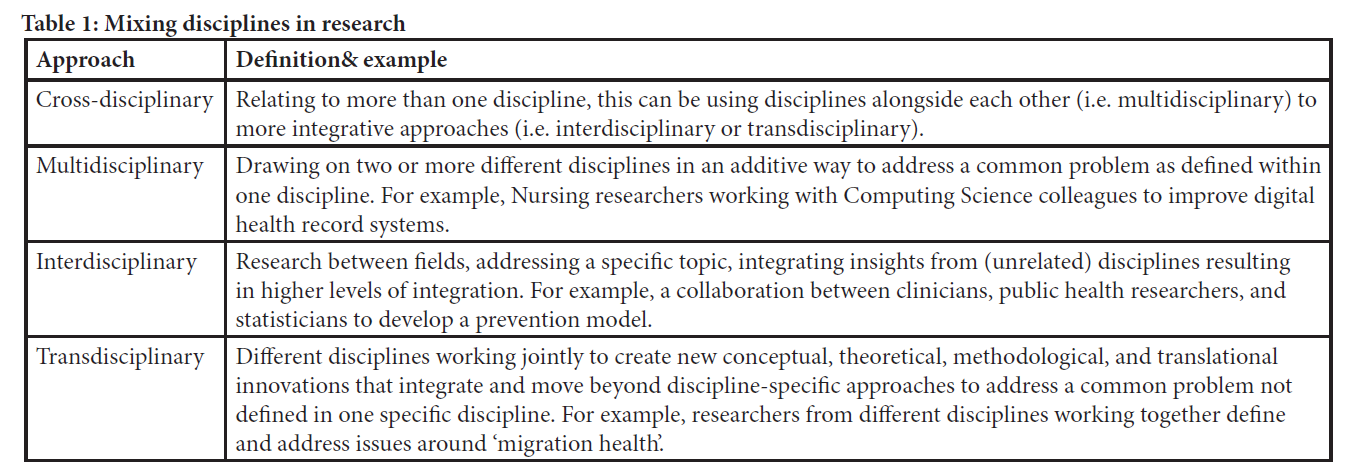
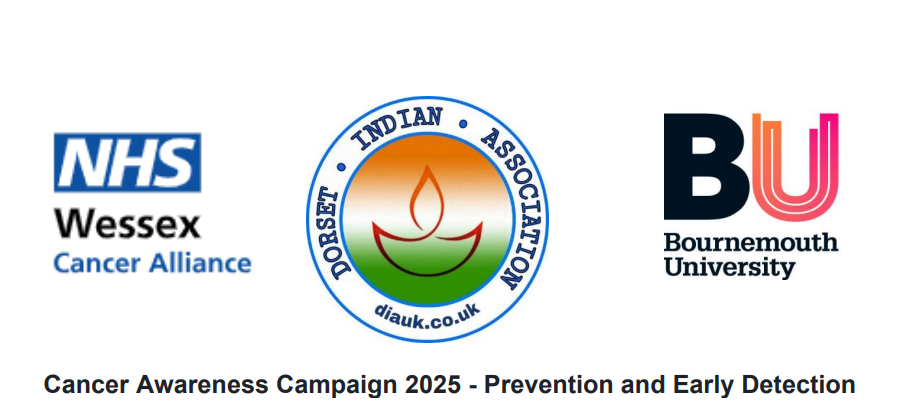
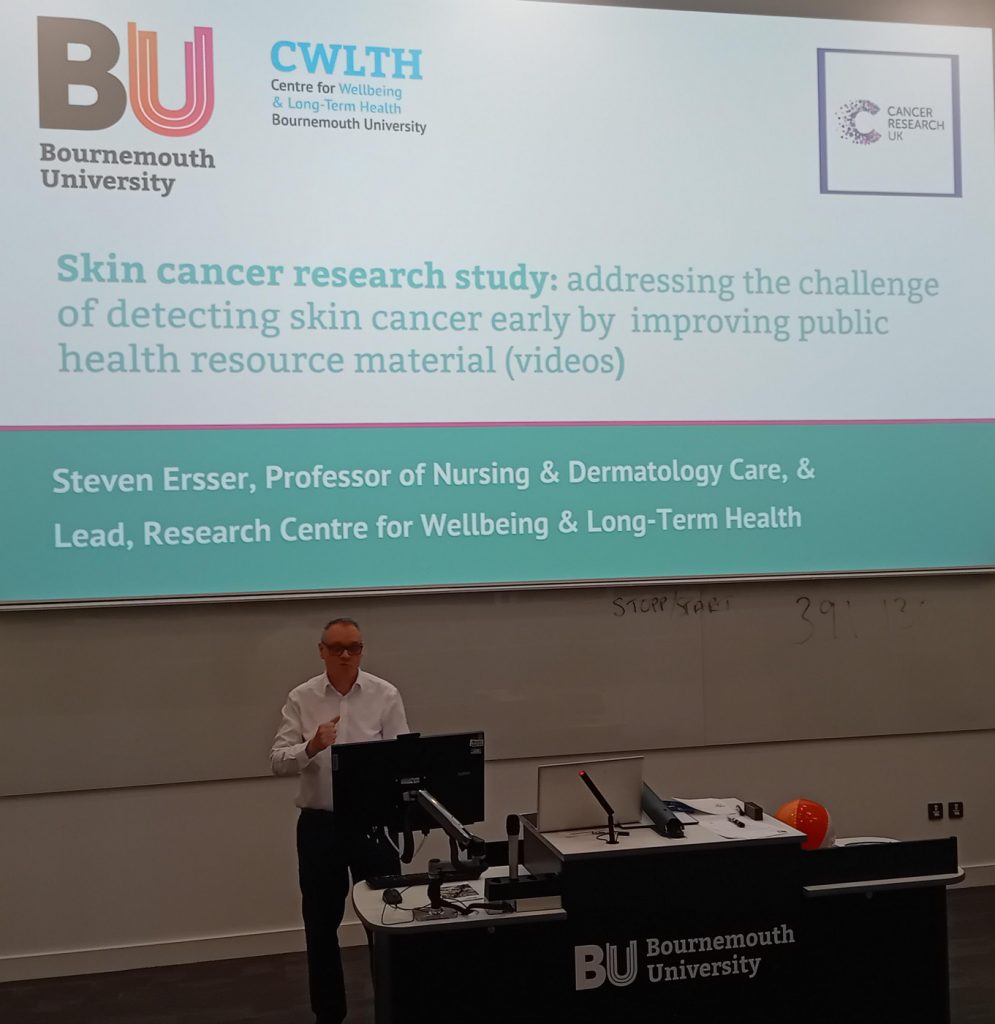
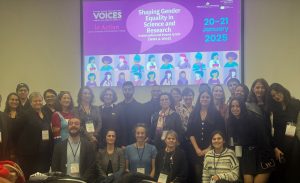
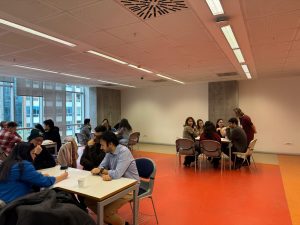
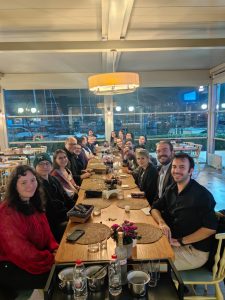
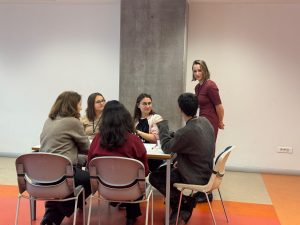
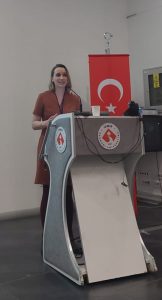

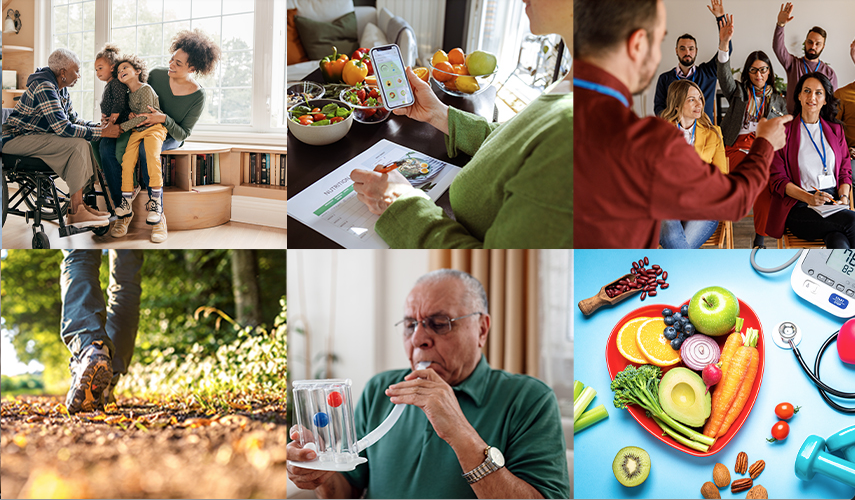

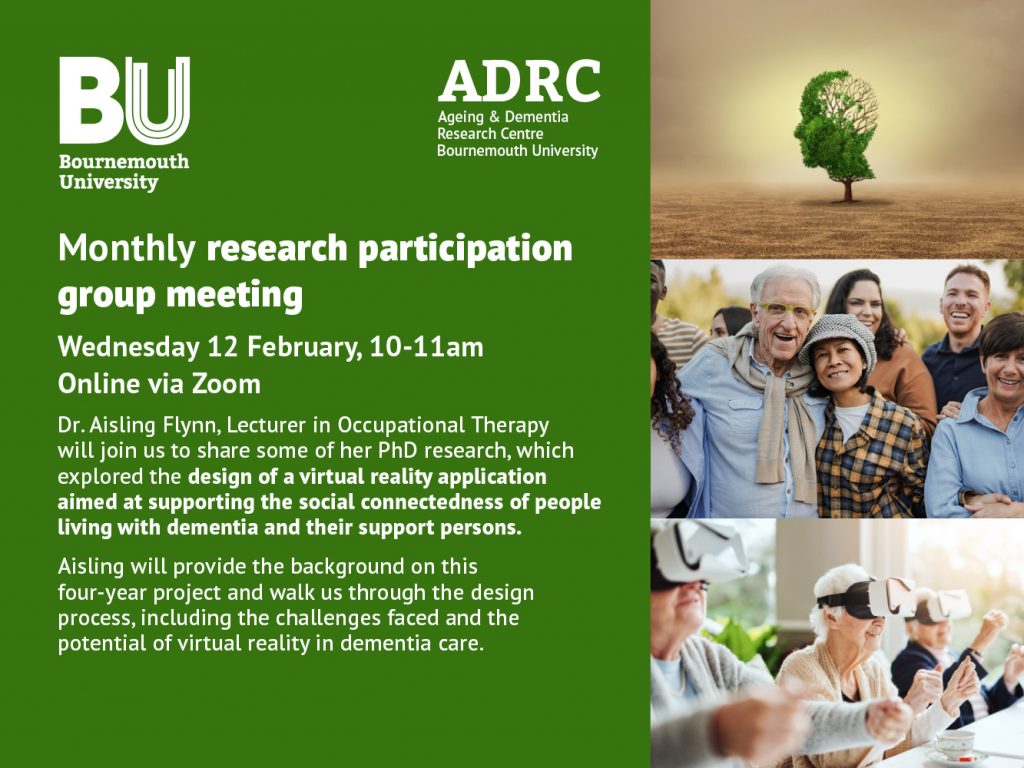

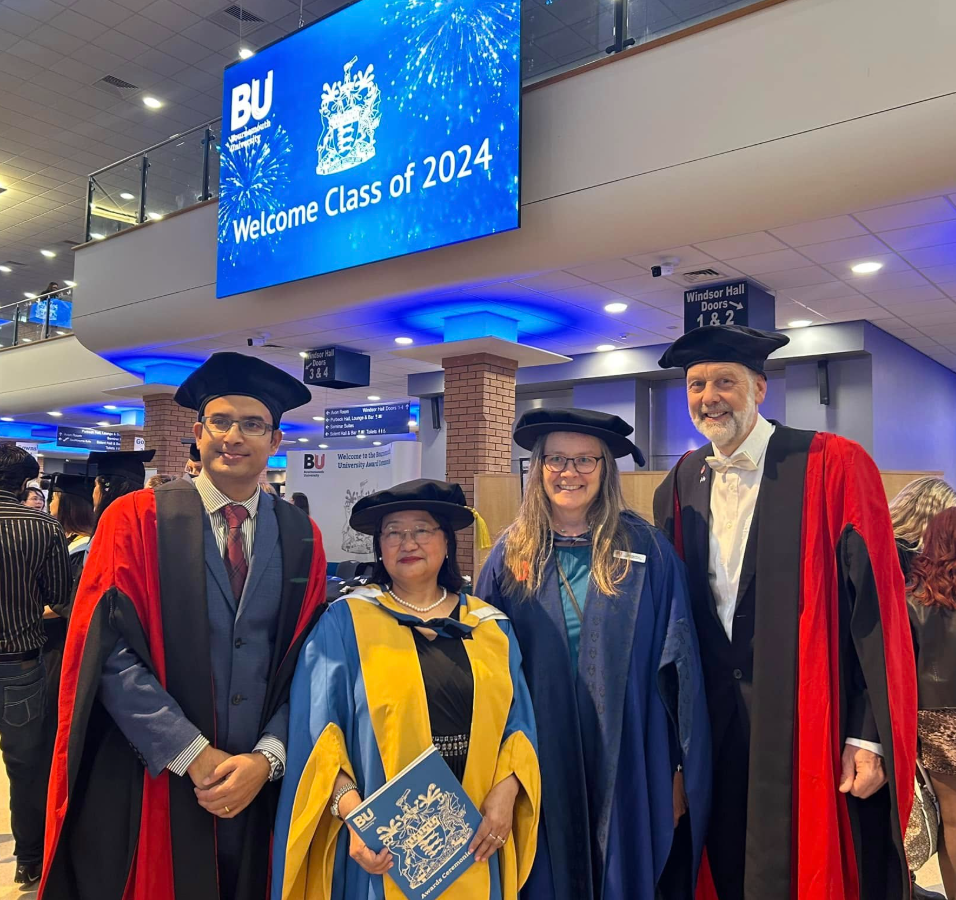


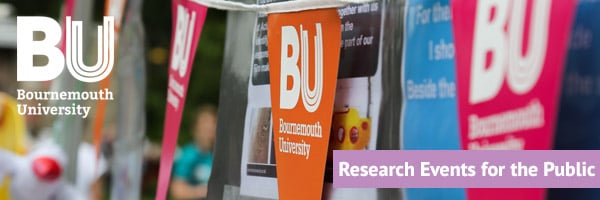


 Are you hopeful that you research is going to make a difference? Have you considered the variety of ways your research can have an impact? This session will help you consider the ways in which you can demonstrate the impact your research is having and start you off on planning an impact strategy.
Are you hopeful that you research is going to make a difference? Have you considered the variety of ways your research can have an impact? This session will help you consider the ways in which you can demonstrate the impact your research is having and start you off on planning an impact strategy.



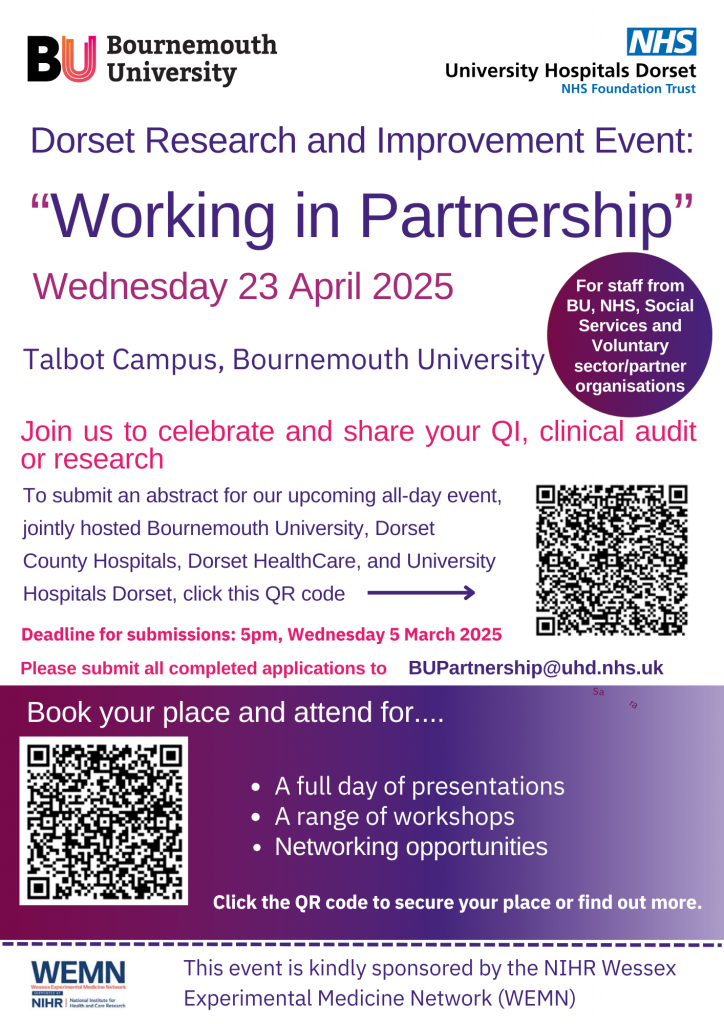













 Upholding Excellence: The Concordat to Support Research Integrity
Upholding Excellence: The Concordat to Support Research Integrity Today’s Documentation Will Serve Tomorrow’s Justice
Today’s Documentation Will Serve Tomorrow’s Justice Up2U: New BU academic publication
Up2U: New BU academic publication New BU midwifery paper
New BU midwifery paper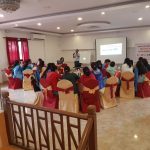 BU academic publishes in online newspaper in Nepal
BU academic publishes in online newspaper in Nepal ECR Funding Open Call: Research Culture & Community Grant – Application Deadline Friday 12 December
ECR Funding Open Call: Research Culture & Community Grant – Application Deadline Friday 12 December MSCA Postdoctoral Fellowships 2025 Call
MSCA Postdoctoral Fellowships 2025 Call ERC Advanced Grant 2025 Webinar
ERC Advanced Grant 2025 Webinar Horizon Europe Work Programme 2025 Published
Horizon Europe Work Programme 2025 Published Horizon Europe 2025 Work Programme pre-Published
Horizon Europe 2025 Work Programme pre-Published Update on UKRO services
Update on UKRO services European research project exploring use of ‘virtual twins’ to better manage metabolic associated fatty liver disease
European research project exploring use of ‘virtual twins’ to better manage metabolic associated fatty liver disease